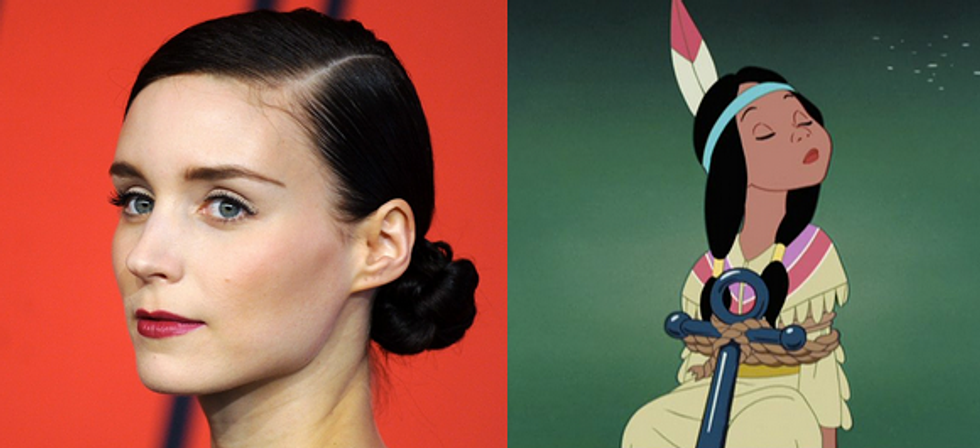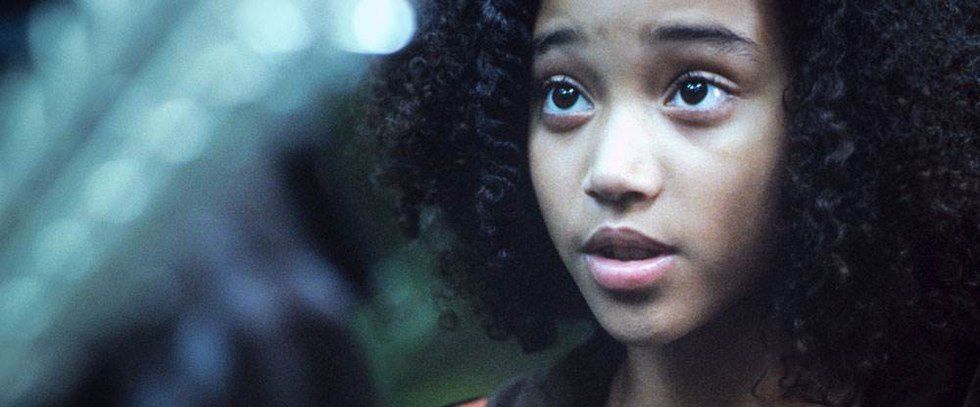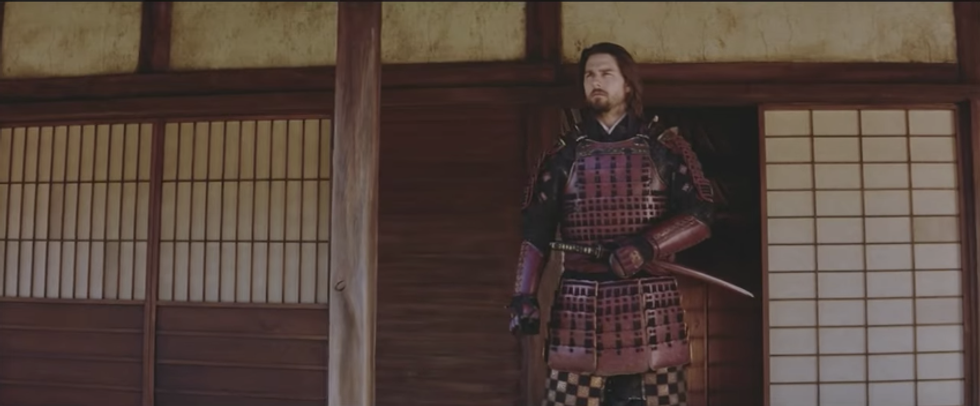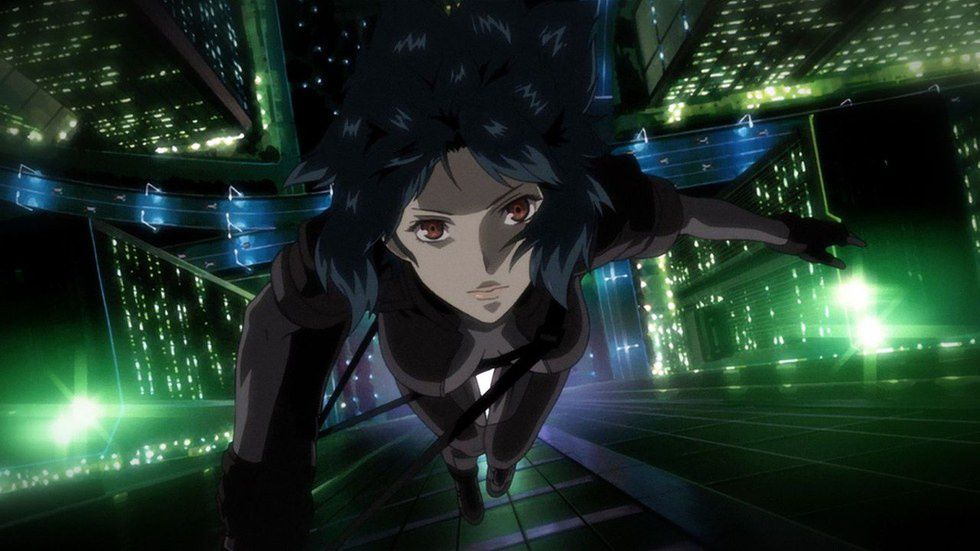Fans of the famous 1989 manga series Ghost in the Shell, written by Masamune Shirow, are having mixed feelings about the upcoming live-action adaptation starring Scarlett Johansson, scheduled to be released March 31st.
Scarlett Johansson's casting as the Japanese Major Makoto Kusanagi caused many angered fans to speak out against Paramount and Dreamworks for blatantly whitewashing the role. With Oscar season in full swing, criticism about an exclusive Hollywood has reared its head once again, and it is no question that Hollywood has bleached the filmmaking industry.
Don't believe me? Recall Emma Stone as Asian protagonist Allison Ng in Aloha (2015), Jake Gyllenhaal as Persian protagonist Dastan in Prince of Persia: Sands of Time (2010), Rooney Mara as Native American character Tiger Lily in Pan (2015), and Ben Affleck as true-life Mexican-American Tony Mendez in Argo (2012). And who could forget the entirely white casts of Exodus: Gods and Kings (2014) and Gods of Egypt (2016), both set in Egypt, and The Last Airbender (2010), set in a host of Asian-inspired fictional countries.
These are just a few of the many examples from the past few years, and the further back in time you go, the longer the list becomes.
Moreover, when a non-white actor lands a traditionally white role, unwarranted controversy is bound to follow. Recall all the criticism surrounding Quvenzhané Wallis playing Annie in the 2014 remake of Annie, Amandla Stenberg as Rue in The Hunger Games (2012), and Michael B. Jordan as Johnny Storm in Fantastic Four (2015). Idris Elba, who was in the running to become the next James Bond, stated that criticism about having a black Bond has ruined his chances, saying, "If there was ever any chance of me getting Bond, it's gone."
Even when the movie is about people of color, Hollywood will put white people in the foreground. Think of Tom Cruise in The Last Samurai (2003) and Matt Damon in The Great Wall (2016).
With anger running justifiably high from the obvious marginalization of non-white actors in Hollywood, it is no wonder why Dreamworks and Paramount have come under fire for casting blonde-haired, blue-eyed Johansson as an Asian character.
But the plot thickens. Though whitewashing in Hollywood is completely real, there is a case to be made for upcoming Ghost in the Shell.
Professor Kim at the University of San Diego teaches a class entitled "Global Anime and Manga" in which a close reading of the Ghost in the Shell manga is included in the curriculum. Though Kim is understanding of the controversy, he brought to my attention that the argument for this particular source material is more nuanced, less clear-cut.
Professor Kim emphasized that Ghost in the Shell, above all things, offers a post-human view of the world in which technology, globalization, the body, and consciousness are important themes that overwrite themes deemed important in contemporary society. He believes that the question of race—though paramountly important in modern times—is unimportant in the postmodern, post-ethnic, cybernetic dystopia of Ghost in the Shell, which focuses on the struggle between humans and technology.
Susan J. Napier, a professor of the Japanese program at Tufts University and professor of Japanese literature and culture at the University of Texas at Austin, wrote about how the mukokuseki, or "statelessness," embodied in Ghost in the Shell lends itself to the "destabilizing of the concept of cultural identity."
Major Kusanagi is a cyborg whose race is simply incidental in a post-ethnic world.
In many ways, Ghost in the Shell disconnects itself from the social issues we grapple with in contemporary society; the differences between man and woman, national identity, and ethnicity are in a sense eliminated.
With this view in mind, the problem specifically for Ghost in the Shell lies not in the fact that the Major is not played by a Japanese actress. The problem lies in production companies casting white actors as a "default" when America has a plethora of diverse actors of color to offer for a role in which race is unparticular.
The postmodern and post-ethnic leitmotifs essential to Ghost in the Shell would allow for an actress of any race to play Major Kusanagi, but Scarlett Johansson's casting is indicative of Hollywood's preferential treatment towards white actors.
To put it simply, Ghost in the Shell itself may not lend itself to any ethnicity, but Hollywood sure does, and it is white.





















